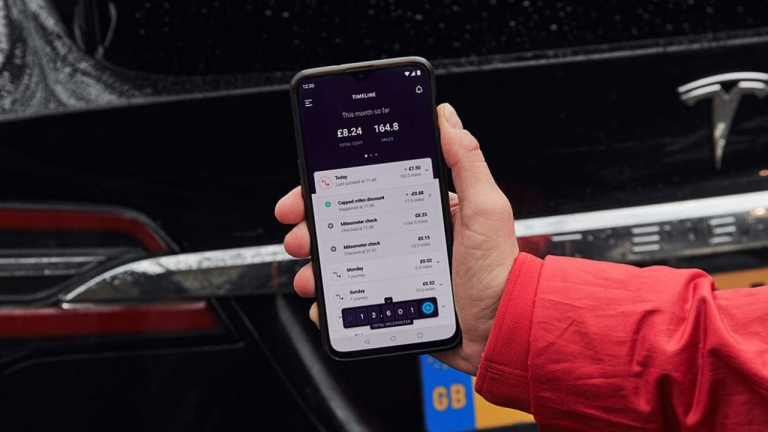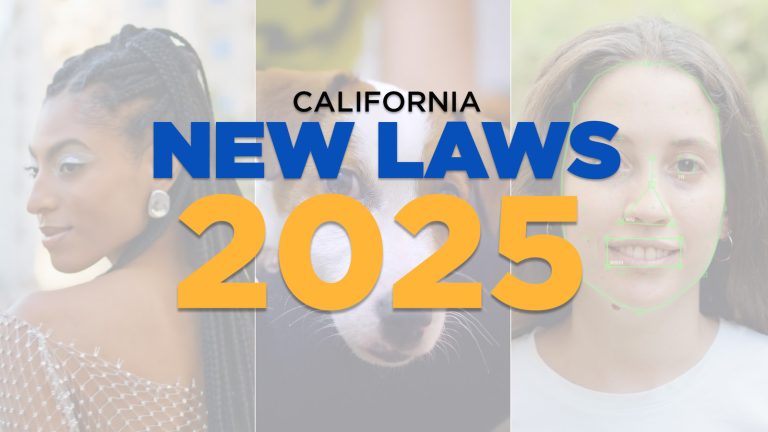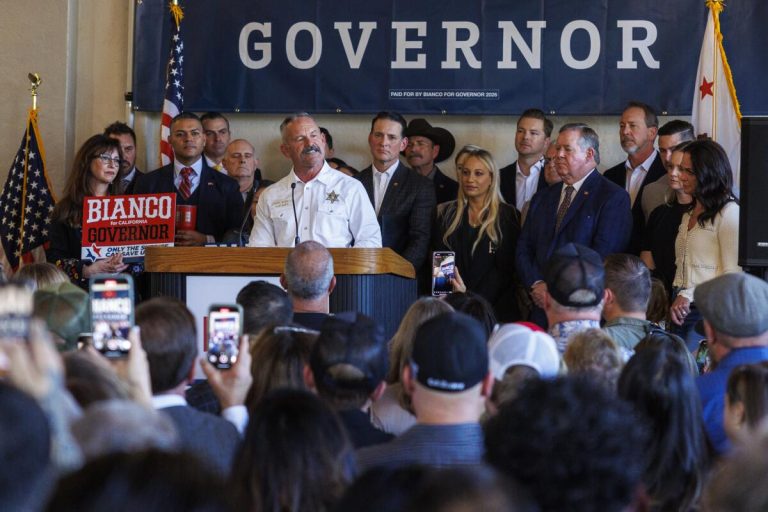U.S. Sen. Bernie Sanders will be kicking off a major campaign tour in Nebraska and Iowa aimed at countering the growing influence of former President Donald Trump. This tour marks Sanders’ attempt to reinvigorate the left-wing movement and connect with working-class voters who were crucial in the 2020 election and are now being courted by Republicans in 2024.
The progressive senator from Vermont, an independent who often works closely with Democrats, announced his tour with the goal of highlighting the threat posed by the alliance between Trump and tech mogul Elon Musk. In his press release, Sanders warned of rising authoritarianism, oligarchy, and kleptocracy, especially in light of the increasing power of billionaires and the challenges faced by working people. He made it clear that if the left hopes to regain the support of working-class voters, it must address economic issues more effectively than social ones, which have been the focus of Trump’s appeal.
The tour will start on February 21, with Sanders visiting an Omaha union hall to speak directly to the working-class citizens of Nebraska. The following day, he will travel to Iowa City to address a theater crowd. The choice of locations for these events, in districts like Omaha’s 2nd Congressional District, which flipped from voting for Trump in 2016 to Biden in 2020, is strategic. These areas are crucial battlegrounds for both major parties as they attempt to hold on to or win over voters in the 2024 election.
Sanders will use the platform to bring attention to what he sees as growing economic disparities. He has consistently argued that the richest Americans, particularly those in tech and finance, are gaining more wealth and influence at the expense of the working-class majority. Sanders pointed out that a large portion of Americans now live paycheck to paycheck, struggling to pay for essential needs like healthcare, housing, and childcare. This reality, he believes, shows the urgent need for a shift in priorities, away from social issues that have been key to Trump’s message and toward addressing economic inequalities.
Notably, Sanders is not new to Nebraska or Iowa. Both states have played significant roles in his political career, with Sanders having campaigned there in previous presidential elections. His message has resonated with many progressives in these areas, and his visits are likely to garner significant attention from local Democratic leaders and activists, including Jane Kleeb, the chair of the Nebraska Democratic Party.
The political landscape in Nebraska’s 2nd District, however, is a complex one. Despite the district’s strong lean toward Biden in recent elections, Republican Rep. Don Bacon has managed to hold on to the seat since 2016. His success in this district, even as it trends more blue in presidential races, shows the difficulty that Democrats will face as they work to hold on to support from the working class while Republicans continue to expand their coalition with blue-collar workers, religious conservatives, and traditional conservatives.
Sanders’ push for a more populist left agenda also comes amid internal debates in Nebraska about how the state should allocate its Electoral College votes. Currently, Nebraska and Maine are the only two states in the U.S. that split their electoral votes based on congressional districts. This system has led to Nebraska awarding a single electoral vote to Biden in 2020, despite Trump winning the state overall. Some conservative lawmakers in Nebraska are pushing for a winner-take-all system to reduce the chance of Democrats claiming any electoral votes from the state in future elections.
In light of these challenges, Sanders’ upcoming tour will likely highlight not just economic concerns but also the way in which the Republican Party has been able to maintain strong ties with key working-class constituencies. By focusing on issues like wages, healthcare, and corporate greed, Sanders hopes to reenergize the populist left and present a compelling alternative to the Republican narrative.
In the coming days, all eyes will be on Sanders as he engages with local communities and attempts to reshape the political discourse in these battleground states. His message, which blends progressive values with a deep concern for working-class Americans, is likely to resonate with many voters, especially those who feel left behind by both political parties.
Disclaimer – Our editorial team has thoroughly fact-checked this article to ensure its accuracy and eliminate any potential misinformation. We are dedicated to upholding the highest standards of integrity in our content.

























+ There are no comments
Add yours